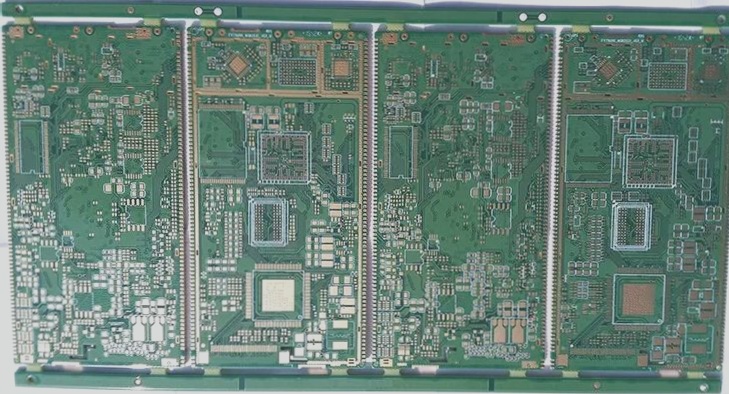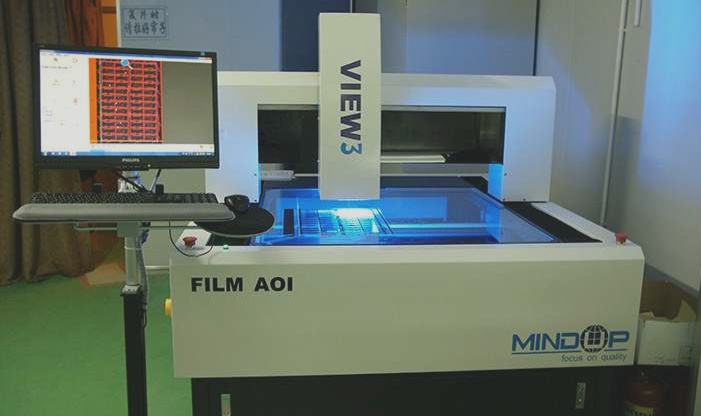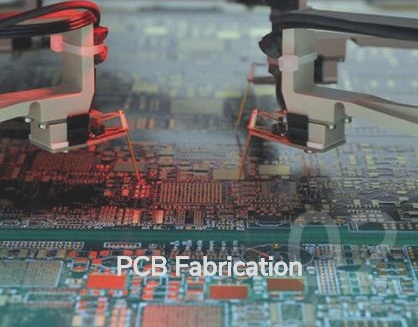The Significance of Cleaning in PCB Manufacturing Process
PCBA manufacturing process often overlooks the crucial step of cleaning, which can lead to various faults and increased operation costs in the long run. Ineffective cleaning during the early stages can result in product failures and the need for costly repairs or recalls.
Role of Cleaning in PCBA
- Various deposits and impurities accumulate on the surface of the PCB during different stages of production, affecting product performance and reliability.
- Residues from solder paste and flux used in electronic component welding contain organic acids and ions, which can corrode the PCB and cause short circuits.
- Ionic and non-ionic pollutants, along with granular pollutants like solder balls and dust, can lead to solder joint quality reduction and other adverse effects.
Focus on Flux and Solder Paste
Flux and solder paste residues are significant pollutants in reflow soldering and wave soldering processes, impacting product quality. Ionic residue can decrease insulation resistance, while rosin resin residue can increase contact resistance, leading to failures like open circuits.
Importance of Post-Welding Cleaning
Strict cleaning after welding is crucial to protect the quality of PCB PCBA, as residues from the soldering process are key factors affecting product quality and reliability.
Conclusion
Overall, cleaning plays a vital role in ensuring the quality and reliability of PCB PCBA. It is an essential process that directly impacts the performance of printed circuit boards, making it indispensable in the manufacturing process.



